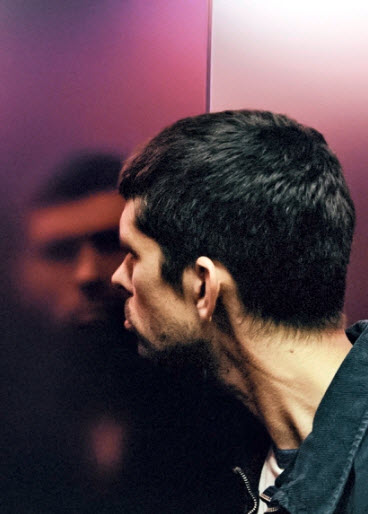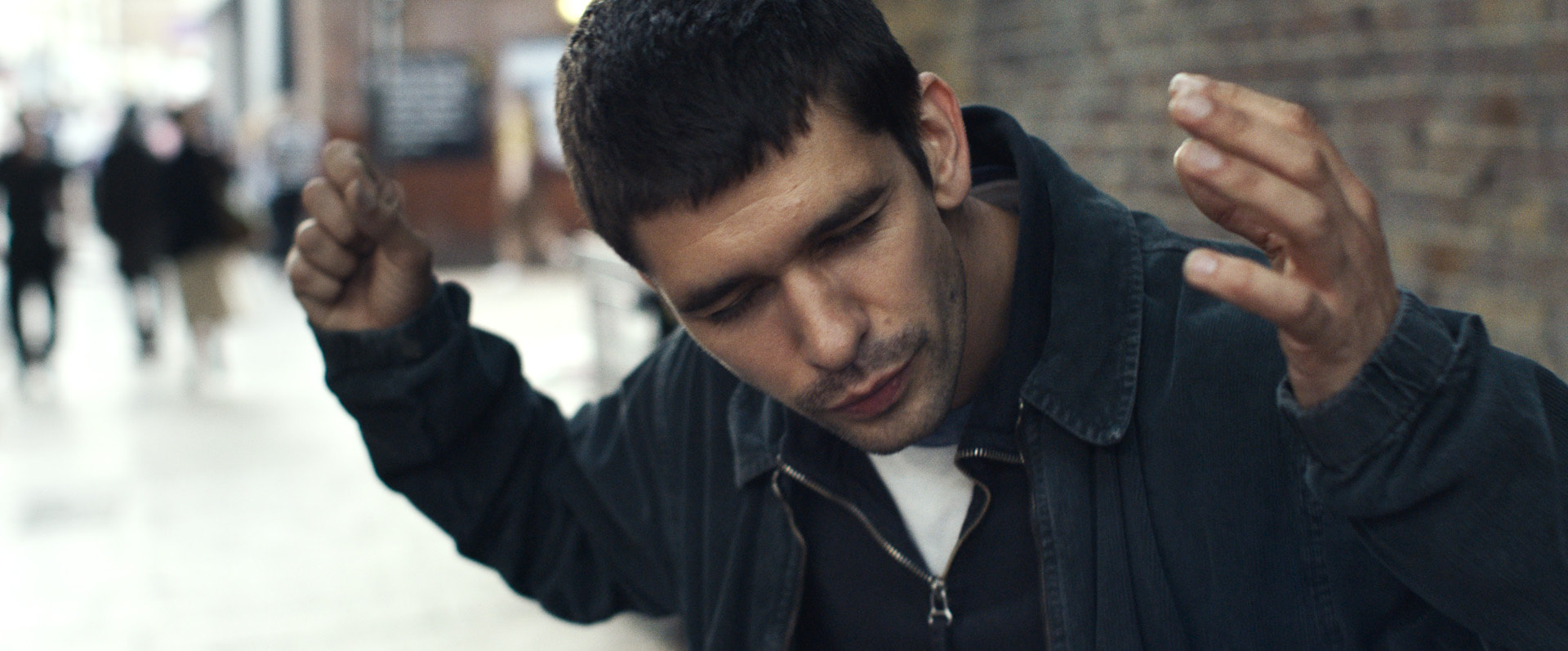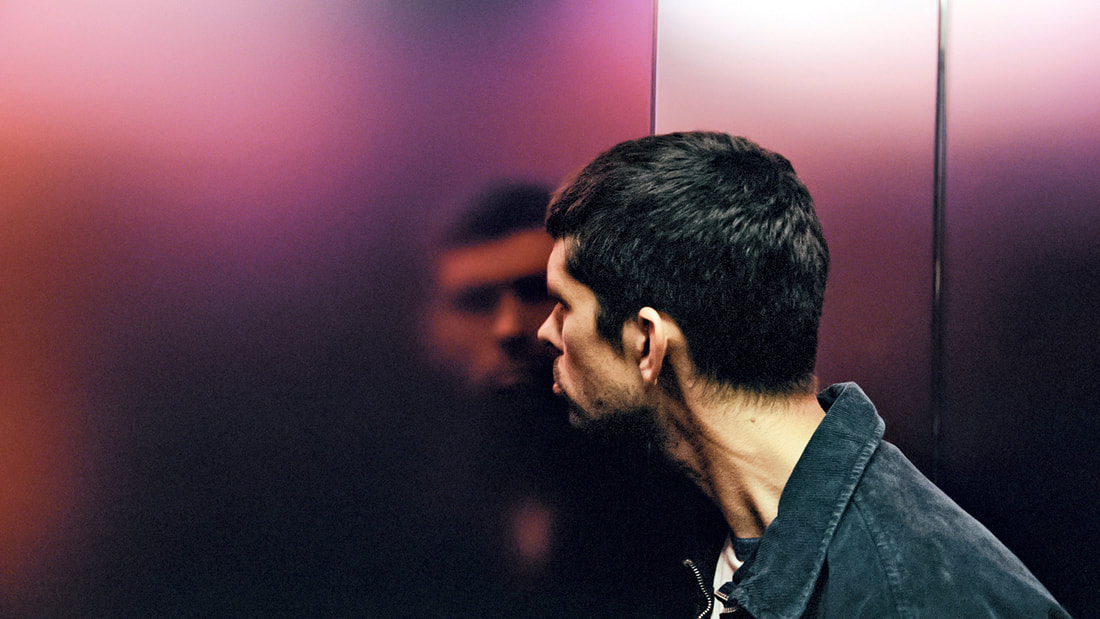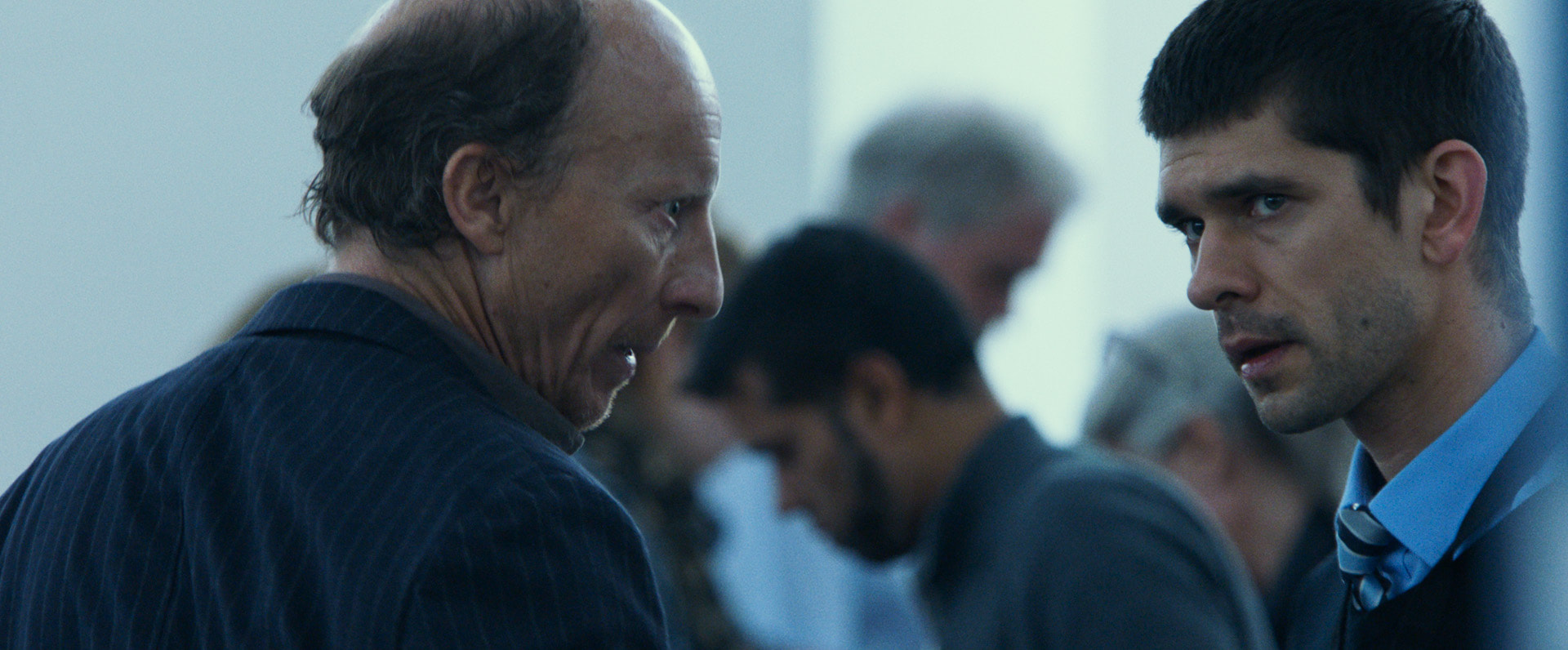|
Joseph is an airport security agent, constantly suspicious of people he meets and dealing with difficult passengers all day. He’s withdrawn and quiet, speaking only when necessary, often following his prescribed security script. He’s rake thin and picks at food that doesn’t interest him. But he bites down on hard objects partly just to feel something and partly as a physical manifestation of his tense mental state. His internal turmoil starts to manifest and he begins to act out, breaking minor laws and social boundaries, acting strangely. A painfully difficult visit to his excessively critical, politely aggressive parents provides the breaking point. He cracks apart and runs wild in the streets of London, caught up entirely in a break from reality and social norms, seeking pleasure, pain and anything that will make him feel alive. His actions escalate to the point of physical harm and the biggest question is whether anyone will be able to stop him and get the help he needs. Ben Whishaw’s performance is seared into my mind as he physically manifests all the mental turmoil he is experiencing. His body is so tense he can’t help but lash out with thrashes and spasms of movement. His face shows the darkness of someone with serious untreated mental health issues. In times of mania he is utterly ecstatic and in times of quiet he is hyper focused. Whereas before he was unable to say what he feels he now screams with all the force of a beast awakened “I’m so Fucking tired!” This is a freedom and a liberation as well as a downward spiral. In one incredibly long single take we follow Joseph as he runs down London streets, into shops, banks and flats, in the grip of mania. By not cutting away we experience the whole thing right there with him. The shaky running-cam can be hard to stomach but is entirely necessary for the frantic and unrelenting scene which is so pivotal to Joseph’s day. It’s also important that the camera remains closely on Joseph for most of the film. This is about his experience and his isolated mind so we are not outside observers. The sound design is also very strong and helps us to experience Joseph’s world. At times it reflects how Joseph is overwhelmed by sounds around him, either an individual sound that gets under his skin or a cacophony of indistinguishable noises all around. At others it’s a low throbbing hum of underlying tension and impending disaster. Some have accused “Surge” of being plotless but I would disagree entirely. It is about an unpredictable journey and experiencing both the thrill and the terror of someone losing their grip of right and wrong, and the normal societal boundaries we all adhere to. In the background is the overhanging question of whether anyone will be able to stop him before he seriously harms himself or someone else.
The same themes hold “Joker” (2019) together but here they’re a lot more real. It’s not glamourised and tied up with a comic book world. This is real life in a real place and it’s so much more scary for it. Everyone’s experience of mental health problems are different, and while the film did show people asking what was wrong or trying to intervene, we don’t see what he was like before these events took place and what could have prevented it sooner. Hopefully audiences will leave feeling encouraged to raise concerns with their friends, family or colleagues before they get to breaking point. If this is an arthouse version of “Joker” then it is vastly superior for it. Comments are closed.
|
AuthorHi, I'm Caz. I live in Edinburgh and I watch a lot of films. My reviews focus mainly on women in film - female directors or how women are represented on screen. Archives
December 2021
Categories
All
|






 RSS Feed
RSS Feed
